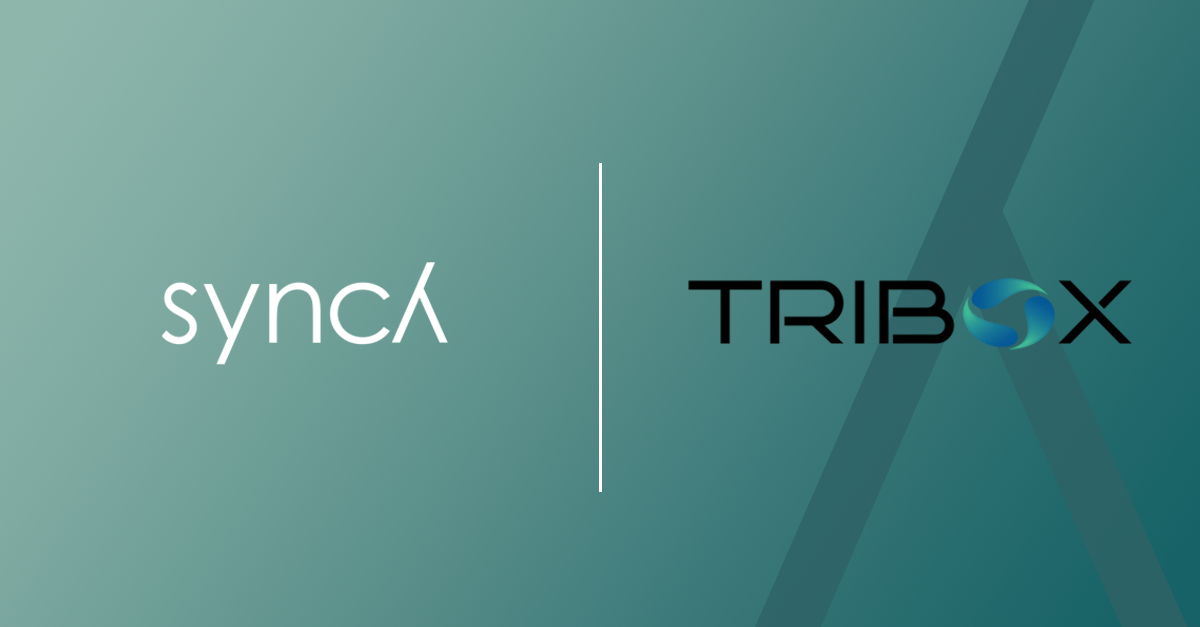On the 7 November 2022, the Council for Advance Tax Rulings released a notice regarding the taxation of qualified personal stock options which is of particular significance for companies preparing to issue qualified stock options to their employees. A company that has issued employee stock options in accordance with Chapter. 11 a. Income Tax Act (1999:1229) and intends to let the acquisition of the shares take place via warrants shall not be subject to withdrawal tax for the transfer of warrants to the option holder.
Qualified Employee Stock Option (Sw: kvalificerade personaloptioner)(“QESO”) gives the employee a right to acquire shares in the company in the future, provided that the conditions according to Chapter. 11 a. Income Tax Act (1999:1229) are fulfilled. These types of options are usually given to the key employees as part of an employee benefit package and are typically subject to certain qualifications, such as length of employment or performance goals.
Since 2018, it has been possible for companies to grant QESOs to its employees without it being considered a benefit and taxed as income if certain conditions were met. The purpose of the regulation was to make it easier to recruit and to retain the key employees in early stage companies.
In the current case, the company would initially grant itself warrants, and when the time to exercise the stock options would come, these warrants would be transferred to the employees which would convert them into shares. The transfer and conversion would usually take place at the same time. Rules for QESOs were formed so that only an ownership interest (Sw: andel) in the company could be acquired and since warrants are not an ownership interest but only a right to convert to shares, it was unclear if the use of warrants in delivery of shares is compliant with the regulation.
Both the Council for Advance Tax Ruling (the “Council”) and the Supreme Administrative Court said that warrants can be used in the delivery of shares when employees exercise their QESOs. For the employees, this meant that warrants could be obtained without any compensation when exercising QESOs to ensure the future delivery of the shares.
Two years after the Supreme Administrative Court’s ruling, a new issue emerged requiring clarification from the Council. Specifically, the Council was asked to determine whether a company that transferred warrants to option holder, without any compensation, would be subject to withdrawal tax (Sw: uttagsbeskattning) since a transfer of warrants without any compensation would normally result in withdrawal taxation.
The Council does not think that taxation should be implemented and the reasoning behind it is that, the transfer of warrants should not be perceived as a distinct transaction but merely as part of the option holder's purchase of shares in the company, which is in line with (HFD 2020 ref. 39.).
As stated in the previous ruling from the Supreme Administrative Court the purpose of the QESO is to facilitate the growth of the early stage companies that are lacking the access to capital to recruit and retain people that are important for the business. The Council’s opinion is that a withdrawal taxation would be contrary to the purpose of the legislation.
We will be monitoring the appeal that was made to the Supreme Administrative Court and the outcome of the ruling. If your company is interested in issuing qualified employee stock options or have any questions don't hesitate to contact us at contact@synch.law.
Written by Amila Briga










